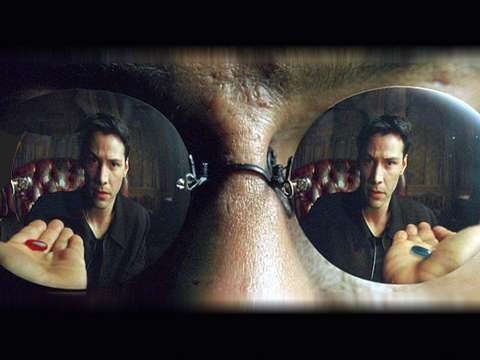Tradestreaming Investor Daily Meditation
If markets display some level of collective intelligence, I’m just a blip on a larger terminal screen, sometimes outsmarting Mr. Market but frequently not.
Tradestream Investor Daily Meditation
I am thankful for all the winning trades I’ve made and the chance to profit from my work.
I am thankful for all the losing investments I’ve made so that I can learn to become better at what I do.
Strapped for Cash, Do’s and Don’ts (Financial Literacy via Music)
I find that I use music a lot to explain issues to my teenage children. Not surprisingly, many tough issues are dealt with via music, rhythm, and lyrics. Pop music has become a form of modern-day poetry for the masses — much like epic poetry for the Greeks. While my kids flinch at memorizing anything for school, they have an ENORMUNGOUS repository of songs/lyrics resting under the hood.
Fountains of Wayne: Strapped for Cash
Lessons in debt management
Fountains of Wayne (Wikipedia) has “Strapped for Cash”, a fun yet serious song about debt and the vicious cycle that can envelop a person, company or country. Debt can take its toll on us, not only monetarily but also psychosomatically. Feeling trapped, many investors turn to short-sighted activities that only increase the velocity of the debt cycle.
Well it was Saturday night, I was sitting in the kitchen
Checking out the women on Spanish television
Got a call from Paul who was just let out of prison
He said hey listen, there’s something I’m missing
I said I’m on it, honest, it’s on its way
You’re gonna get your money in a couple of days, okay?
I’m just a little strapped for cash
Take it easy baby, cut me some slack, I said (most of the time, creditors are willing to negotiate terms of debt and would rather see some return on their loans than a total zero. Don’t be afraid to negotiate)
I’m just a little strapped for cash
Very temporary, don’t you worry ’bout that
Strapped for cash
So I headed out west to invest in the races (‘invest’ in races? C’mon, this is a very dangerous strategy that involved betting/trading/investing in something else in order to win back money lost — bad idea and compounds the problem.)
All the goddamn horses kept falling on their faces (investing requires patience, time horizon and a way to better your changes via value investing, dividends, etc.)
Didn’t fare much better at the Taj Mahal
Chalk it up to bad luck and free alcohol
And now I’m laying low, you know I’m trying to stall (stalling just increases the anxiety — better to be proactive about debt and meet it head-on. Try negotiating and finding other ways to bring in some money via part-time jobs, hobbies, etc.)
But I don’t know how much longer I can dodge the calls
Sayin’
I’m just a little strapped for cash
Don’t you know I wouldn’t do you like that
I’m just a little strapped for cash
Give me a minute you know you’ll get it back
C’mon
Strapped for cash
Strapped for cash
Six bodybuilders pulled up in a Pinto
Next thing I know they’re coming through the window (at some point, debt has to catch up to a person, company or society and payback can be harsh)
Hate to keep you waiting, I know times are hard
Now would you prefer a Visa or a MasterCard (quick word of advice: don’t use credit cards to pay off debt. It’s extremely onerous debt and works to increase the velocity of the debt cycle — better to pay off credit cards first)
Because I’m just a little strapped for cash
Take a seat, I’ll be back in a flash, I said
I’m just a little strapped for cash
No need to have a heart attack (debt and the struggle to free oneself from it has definite effects on our health and psychological well-being)
Bop shoo wop, bop bop shoo wop
(lyrics)






